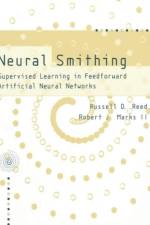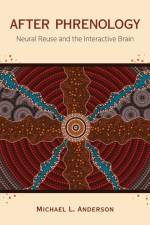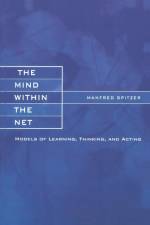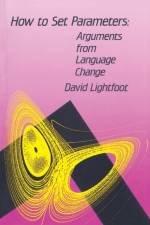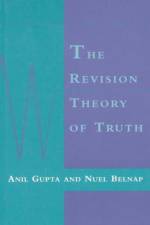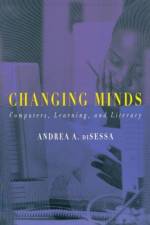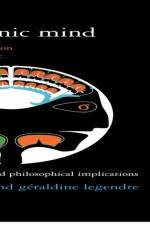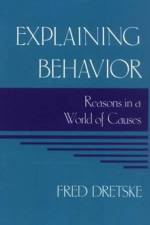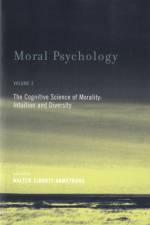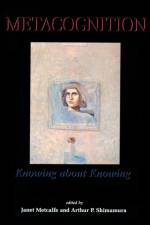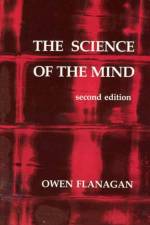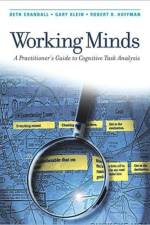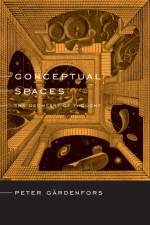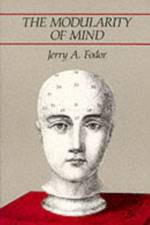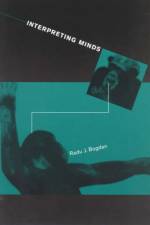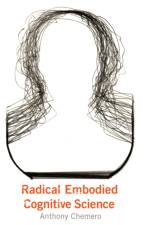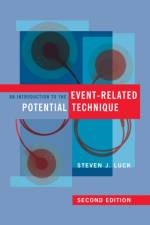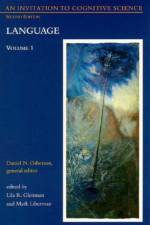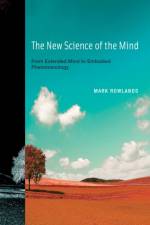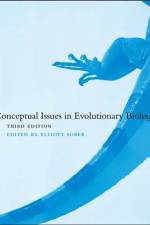66,00 €
These essays by leading scientists and philosophers address conceptual issues that arise in the theory and practice of evolutionary biology. The third edition of this widely used anthology has been substantially revised and updated. Four new sections have been added: on women in the evolutionary process, evolutionary psychology, laws in evolutionary theory, and race as social construction or biological reality. Other sections treat fitness, units of selection, adaptationism, reductionism, essentialism, species, phylogenetic inference, cultural evolution, and evolutionary ethics.Each of the twelve sections contains two or three essays that develop different views of the subject at hand. For example, the section on evolutionary psychology offers one essay by two founders of the field and another that questions its main tenets. One sign that a discipline is growing is that there are open questions, with multiple answers still in competition; the essays in this volume demonstrate that evolutionary biology and the philosophy of evolutionary biology are living, growing disciplines.Contributors: Robin O. Andreasen, Kwame Anthony Appiah, David A. Baum, John H. Beatty, David J. Buller, Leda Cosmides, James Donoghue, Steven J. Farris, Joseph Felsenstein, Susan K. Finsen, Joseph Fracchia, Stephen Jay Gould, Sarah Blaffer Hrdy, David L. Hull, Philip Kitcher, R. C. Lewontin, Elisabeth Lloyd, Ernst Mayr, Michael Ruse, John Maynard Smith, Elliott Sober, John Tooby, C. Kenneth Waters, George C. Williams, David Sloan Wilson, E. O. Wilson

